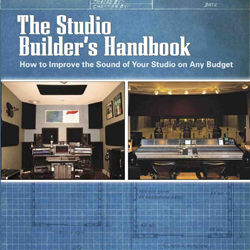
Above all, don’t buy a set of speakers without listening to them because it’s difficult for them to live up to your expectations if you haven’t heard them first.
In fact, it’s not a good idea to buy any set of speakers unless you’re really in love with them.
You’ll have to listen to these monitors for a lot of hours so you might as well like what you hear.
3) Listen with source material that you know very well.
The only way to judge a monitor is to listen to material that you’re very familiar with and have heard in a lot of different environments.
This will give you the necessary reference point that you need to adequately judge what you’re listening to.
You can use something that you recorded yourself that you know inside and out, or a favorite CD that you feel is well-recorded.
Just stay away any critical listening with MP3’s; the higher the quality of your playback source, the better.
A high quality 24 bit source like from a personal digital recorder is great because it gives you a better idea of the frequency response of the system.
If the monitors that you’re auditioning aren’t powered, you might want to bring your own amplifier to the audition because the amp/speaker combination is a delicate one.
A speaker has a much greater interdependence on the power source than most of us realize, and many engineers search for the perfect amplifier almost as long as for the perfect monitor.
Thankfully, that’s not as much of a problem these days since most high quality monitors have built-in amplifiers perfectly matched to its speaker drivers by the manufacturer.
That being said, you can easily get used to just about any speaker if you use it enough and learn it’s strengths and weaknesses in your room.
It also helps to have a reference point that you’re sure of to compare the sound with, like your car or a particular boombox, then adjust your mixes so they work when you play them there.
Bobby Owsinski is an author, producer, music industry veteran and technical consultant who has written numerous books covering all aspects of audio recording. For more information be sure to check out his website and blog.
